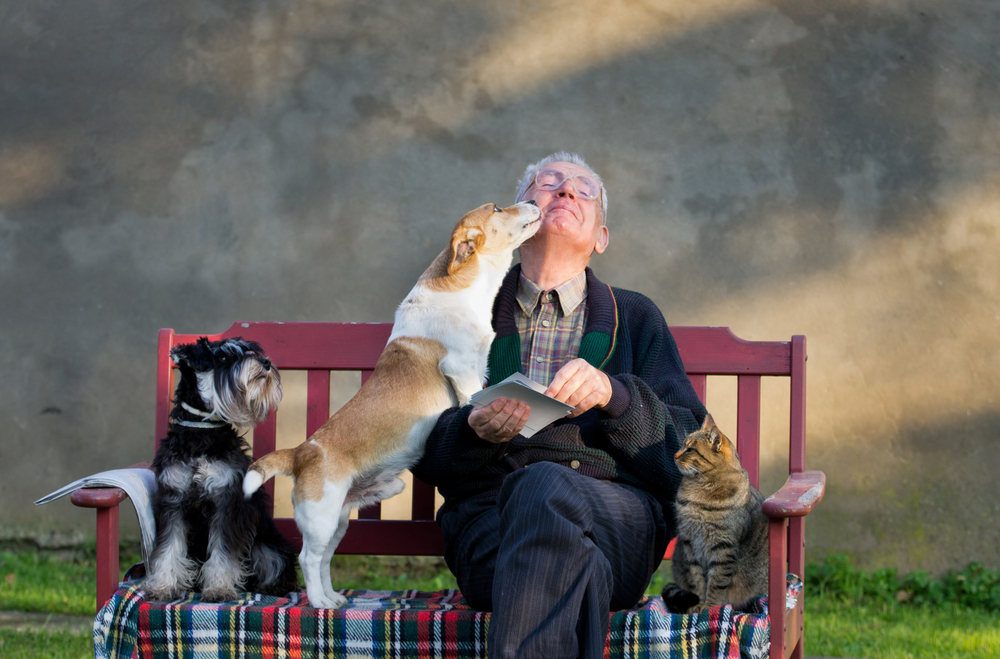
Stay active and avoid loneliness with adapted sports
15.08.2024 | Insights
The fact is that often, the older we get, the less active we are, both physically and mentally. There are some 5.8 million inactive people over 55 in England and the number of inactive people is growing as people are living longer. 36% of over 55s are inactive compared to 26% of the population as a whole.
At the same time, many older people are living alone and find themselves isolated, with some often going for long periods without speaking to a friend or neighbour.
In an effort to combat both loneliness and inactivity, in recent years various groups and organisations have begun adapting popular sports to make them more accessible to older people
A great example is the initiative launched by Sport England in 2016 to tackle inactivity in later life. This now sees them involved in over 20 projects to encourage older people across the UK to exercise, some of which focus on improving mental health, dementia and loneliness.
What are adapted sports?
Adapted sports are modified versions of traditional sports designed to be accessible and inclusive for individuals with physical or intellectual disabilities. These adaptations ensure that people with various disabilities can participate in physical activities, enjoy the benefits of sports, and compete at various levels, from recreational to elite.
A few examples of adapted sports are walking football, walking netball, chair yoga and even easy weightlifting.
Volleyball
One of Sport England’s projects, in partnership with Volleyball England, is an adapted game of volleyball to suit older people that uses an inflatable ball and nets made from bunting. The main difference is that the players are all seated.
Easy weightlifting
A project run by British Weightlifting had classes of older people working on increasing their strength fairly effortlessly by lifting water bottles and foam bars.
Walking football
Another great way for over 55s to get together and exercise painlessly, the rules of the game are flexible to suit the players, but include no running or contact between players, and teams can make as many substitutions as they like. There are now 131 “professional” walking football teams, registered with the WFA and playing in leagues.
Seated yoga
This can involve a series of exercises and breathing whilst seated at home to help overcome anxiety, isolation and loneliness and increase wellbeing. Other seated exercises can help to build strength for those who are unable to stand for long, or to increase confidence for people who have difficulty with balance and falls.
What are the benefits of taking part in adapted sports?
Adapted sports can help people overcome loneliness by encouraging them to become involved in more communal activities.
At the same time, they can enjoy the life-affirming advantages of increased mental and physical health.
That’s the win-win message.
If you’re experiencing loneliness and you’re looking for new ways to meet people and have fun, Finch House has a thriving over-55s community, meaning you can be as involved as you want to be. Learn more about the lifestyle at Finch House and how we can help you have a happier, more active retirement.
You may also be interested in

23.04.2025 | Insights
Best pets for older people
Retirement can be a great time to own a pet for all kinds of reasons, and many animals make ideal pets for the elderly, particularly if they live alone. A pet can offer companionship, reduce feelings of isolation and loneliness, help you stay active, and in so many ways improve your physical and mental wellbeing.

18.03.2025 | Insights
Best part time jobs for retired people.
One of the nice things about being retired is that you don’t have to stop working if you don’t want to. It could also be that you’d like a bit of extra cash, would welcome the chance to get out more and interact with people, or you just miss having something constructive to occupy your

25.02.2025 | Insights
A guide to Salisbury Cathedral
First, let’s be clear about which Salisbury Cathedral we’re talking about, just so you don’t get on the wrong bus. The first attempt to build a Cathedral was actually two miles from Salisbury, on the site of an Iron Age hillfort known today as Old Sarum. Its foundations are still visible, close to where a
